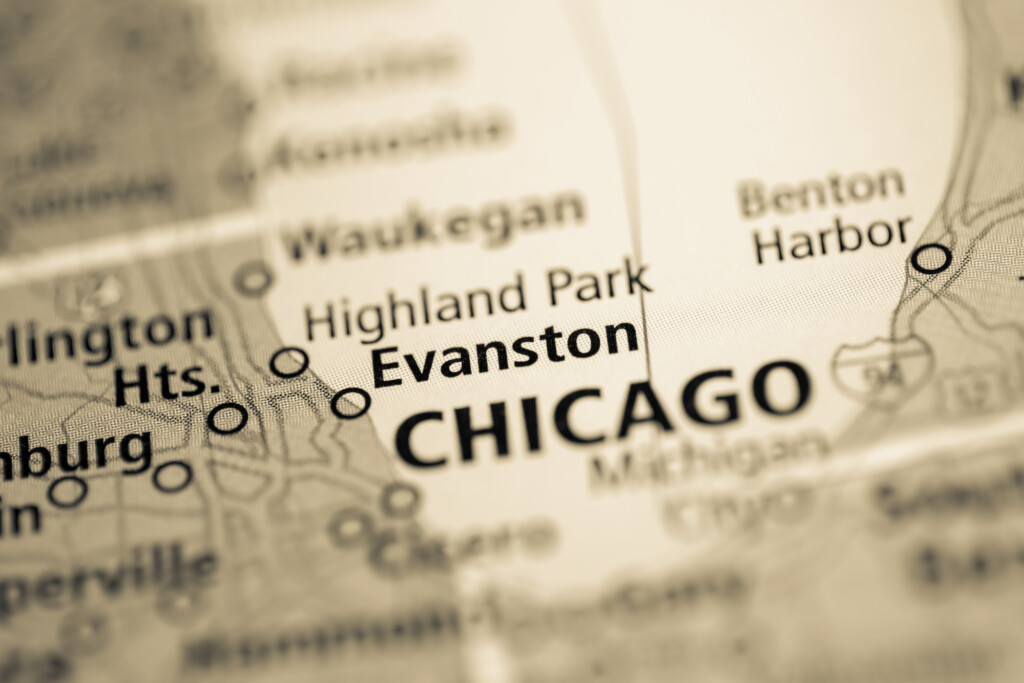It has started.

Black residents in a northern suburb of Chicago have started receiving reparations. This is two years after the city approved the program, according to newsnation.com.
City staff of Evanston, Illinois have already convened with 48 recipients who are eligible to receive $25,000. Sixteen have already gotten their payments, according to the Evanston RoundTable.
The city in 2019 voted to approve $10 million over the next 10 years for the program. This provides the money in cash or vouchers for home improvement, mortgage assistance and/or a down payment on a house.
How is the program funded? It’s funded through a cannabis tax and a real estate transfer tax on properties, which is worth more than $1 million when sold, according to City staff said on a July 6 meeting.
The reparations are available for “Black or African American persons having origins in any of the Black racial and ethnic groups of Africa,” according to the program’s guidelines. And folks must have lived in the Chi-town suburb between the years of 1919 and 1969, according to the Wall Street Journal.
“I see it as like a test run for the whole country,” Justin Hansford, head of the Thurgood Marshall Civil Rights Center at Howard University, said to the newspaper.
Reparation programs have garnered momentum over the past few years, and Evanston is the first municipality to start paying residents. In the state of California, a state task force just recently provided a final report with 115 recommendations on how the state can pay those adversely impacted by slavery.
The first documented case of slavery reparations in the United States was to former slave Belinda Sutton in 1783. The reparations were in the form of a pension.
Formally known as Belinda Royall, Sutton submitted a petition to the Massachusetts legislature, asking for an annual pension for herself and her daughter, Prine, to be compensated from the Issac Royall estate. Sutton was once a slave to Royall, and he was one of the largest owners of enslaved people in the colony before he ran to England in 1775, according to daily.jstor.org.
Sutton’s actions have finally led to reparations today.
Photo Credit: DepositPhotos.com




